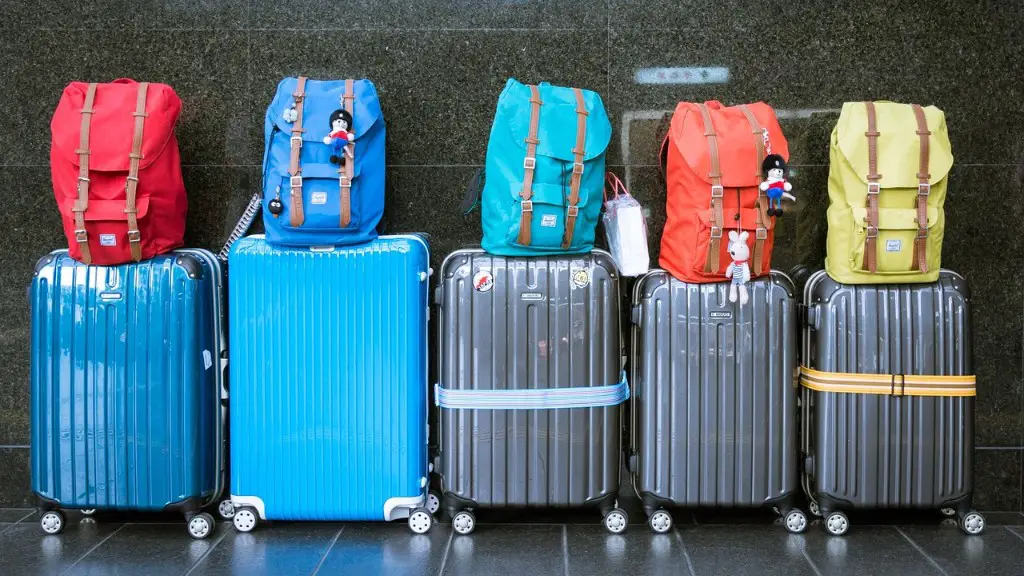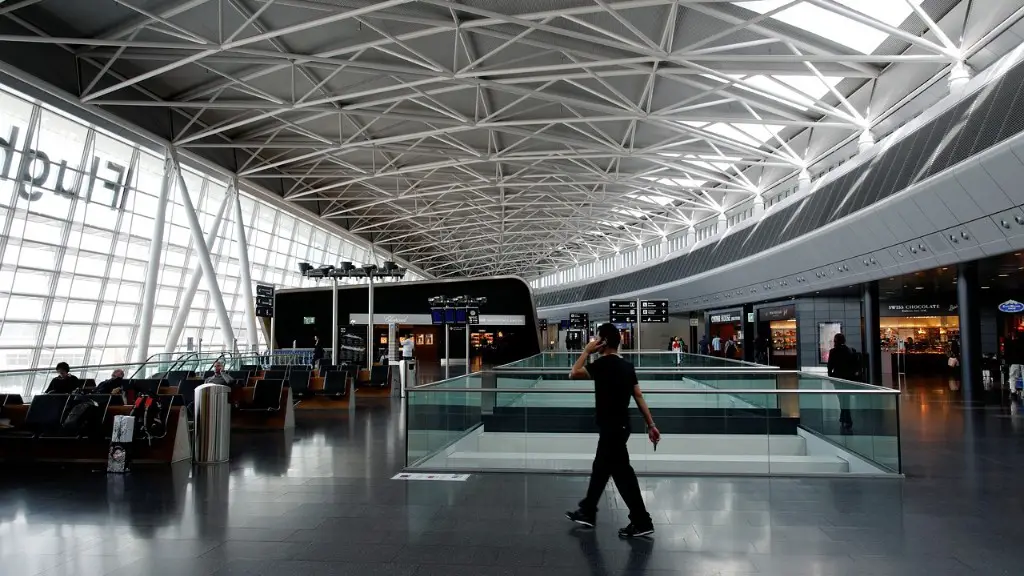Yes, travel trailers require insurance. Just like your car, your travel trailer is an investment that should be protected in the event of an accident. Many people choose to purchase travel trailer insurance for peace of mind while on the road.
Yes, travel trailers do require insurance.
What kind of insurance do you need for a travel trailer?
If you’re looking to insure your travel trailer, you may be able to do so under your auto insurance policy’s liability coverage. This means that your policy will cover damage your trailer causes to others, but not you. Keep this in mind when deciding whether or not to insure your trailer under your auto policy.
An auto policy will typically extend to your trailer when you are pulling it, but only for liability and provides no coverage to your actual trailer. This means that an auto policy alone will only cover damage your trailer causes to other people and their property. If you want coverage for your actual trailer, you will need to purchase a separate policy for it.
How much does travel trailer insurance cost
If you use your RV infrequently, you can expect to pay lower annual insurance premiums. However, if you use your RV full-time, you may pay as much as $3,000 per year in insurance premiums.
There are many different types of recreational vehicles, from motorcycles and ATVs to RVs and boats. Depending on the type of vehicle, the insurance requirements can vary. In general, however, most states require some form of insurance for recreational vehicles if they are driven on the road. This may include uninsured or underinsured insurance, as well as minimum liability coverage. It is important to check with your insurance provider to make sure you have the appropriate coverage for your recreational vehicle.
Do you need different car insurance to tow a trailer?
No, you do not need special insurance to tow a caravan or trailer. Most car insurance policies will cover your caravan or trailer while it is hitched to the towing vehicle. However, contents inside the caravan or trailer will not be covered, and damage caused by a collision will also not be covered.
Comprehensive coverage is one of the most important types of insurance you can have for your travel trailer. It protects your trailer from a wide range of risks, including collisions with other vehicles, the ground, and objects like guard rails. It also covers damage from vandalism, theft, weather, water damage, windshield damage, fire, falling objects, and lightning. This coverage can save you a lot of money in the long run, so it’s worth considering if you’re serious about protecting your investment.
Does travel trailer insurance cover theft?
However, if you only have basic RV insurance coverage, theft may not be included. You would likely need to purchase additional coverage, like personal effects coverage, to insure your belongings inside the RV in the event of a theft.
Most insurance companies categorize trailers as vehicles meant to be towed by trucks. This category does not include trailers used for business purposes, farm wagons that can transport passengers, motor vehicles that are towed, or roof carriers. Required insurance coverage depends on your trailer model and purpose.
Does House insurance Cover trailers
While some homeowner or car insurance policies will allow you to tack on your trailer as an extra for a fee, it may not be your best option. This is because home insurance policies often don’t cover your travel trailer, and some will specifically exclude trailers. So, if you’re planning to take your trailer on the road, it’s important to get a policy that specifically covers it.
If you’re thinking about buying an RV, you may be wondering if you can get a tax deduction for it. The answer is yes! You can get a tax deduction for your RV, no matter how long you’ve owned it. New and used RVs are both eligible for tax deductions in many states. If your RV is your home, certain deductions may also apply. So talk to your accountant or tax advisor to see if you can get a tax deduction for your RV.
Do I need insurance for camping?
There are a few things to consider when purchasing camping vehicle insurance. First, you’ll want to make sure that the policy covers the vehicle itself in case of any damage or theft. You’ll also want to make sure that it covers any personal belongings that you have in the vehicle. And finally, you’ll want to make sure that it covers you in case of any medical emergencies that may arise while you’re on the road.
When it comes to finding the cheapest RV insurance, Maine and South Dakota are the two best states to look in. Both have lower insurance prices than most other states, as well as low sales taxes and no personal property taxes. However, Maine does have higher sales and property taxes than South Dakota, which may offset the savings slightly.
What is the difference between RV insurance and auto insurance
Vacation liability is an important coverage to have if you plan on taking your RV out on the road. It extends your auto liability coverage to cover accidents that may happen while your RV is parked. This is important because it can help protect you from financial liability if someone is injured in or around your RV while you’re on vacation.
RV insurance is a specialized type of insurance that is designed to protect RVs and their owners. RV insurance often features higher liability thresholds than typical car insurance, which makes sense given that RVs are sometimes used as primary residences. In addition, the cost of owning and operating an RV can be quite high, so it’s important to have adequate insurance coverage in place.
Is it expensive to maintain an RV?
RV maintenance and repairs can be costly, but the costs depend on the wear and tear of your RV. According to Mobile Homes Parts Store, several people who lived in RVs said they spent between $500 and $1,000 a year on maintenance costs. Some RVers spent several thousand dollars a year.
If you are using a tow-bar to tow a vehicle, the towed vehicle will be legally classed as a trailer. This means that as long as your own car insurance policy includes cover for pulling a trailer, or you have a standalone trailer insurance policy, the towed vehicle will not need its own car insurance policy.
Do I need to inform my car insurance if I tow a caravan
It’s important to contact your insurance provider and let them know if you’re going to be using your car for towing, so they can inform you of any exclusions to your insurance policy. It’s likely that your caravan would not be covered under your policy.
Parking your trailer in a well-lit area is a great way to deter thieves. If you’re in a packed parking lot and your options are limited, it might be worth looking elsewhere for a safe place to park your trailer. Another thing you can do to annoy thieves is block your trailer with your tow vehicle.
Conclusion
Yes, travel trailers require insurance.
Yes, travel trailers do require insurance. This is because they are considered to be motor vehicles, and all motor vehicles must be insured in order to be driven on public roads. Travel trailers can be insured through a variety of different insurance companies, so it is important to shop around and find the best policy for your needs.





